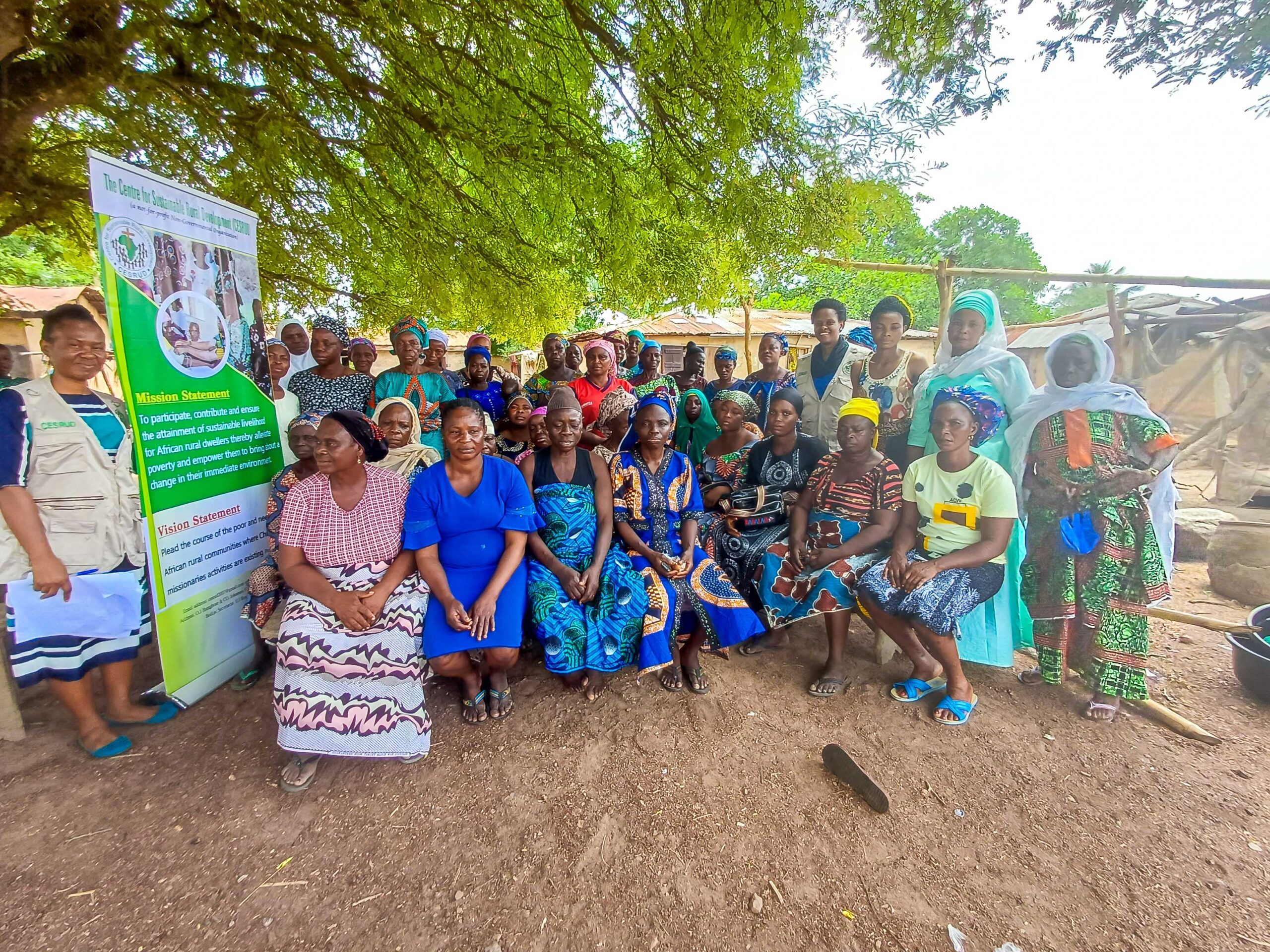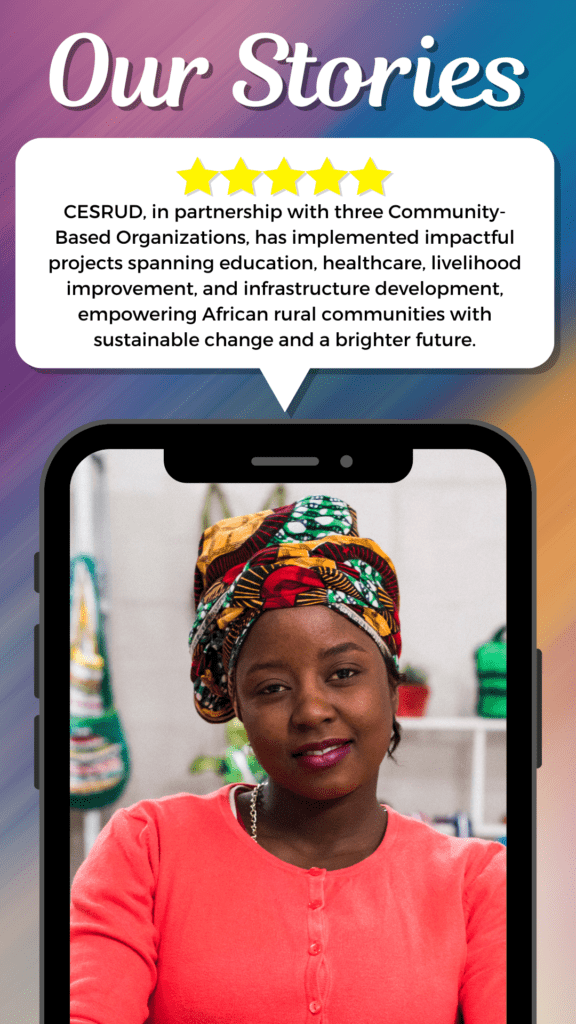In many African communities, girls in non-volatile locations face significant challenges due to structural and non-structural segregation practices. These practices often restrict their opportunities and subject them to domestic abuse or sexual exploitation.
This article delves into the pressing issue of gender inequality in Africa, highlighting the need for empowerment and the importance of breaking cultural barriers to create a more equitable society.
Section 1: Understanding the Challenges Faced by Girls in African Communities
In African societies, traditional norms and cultural practices often perpetuate gender inequality. These practices, which portray men as superior, hinder the progress of girls and limit their access to education, healthcare, and economic opportunities. According to UNICEF, an estimated 130 million girls worldwide are out of school, with a significant proportion residing in Africa.
Section 2: Consequences of Gender Inequality in African Communities
- Limited Education Opportunities:
- UNESCO reports that in sub-Saharan Africa, 9.5 million girls of primary school age will never attend school.
- Lack of education perpetuates poverty cycles and restricts girls’ ability to break free from economic hardship – UNICEF.
- Domestic and Sexual Abuse:
- The African Child Policy Forum reveals that up to 45% of girls in Africa experience physical or sexual violence before the age of 18.
- Cultural norms and gender imbalances often silence victims, hindering their ability to seek help or justice.
Section 3: Empowering Girls: Breaking Cultural Barriers
- Education as a Catalyst for Change:
- Promoting girl child education has a transformative impact on communities. The World Bank report shows that educated girls are more likely to marry later, have fewer children, and contribute to their countries’ economic growth.
- Organizations like CAMFED (Campaign for Female Education) have been instrumental in improving girls’ access to education in Africa.
- Advocacy for Gender Equality:
- Efforts by organizations such as UN Women, African Union, and NGOs are critical in challenging discriminatory cultural practices and fostering gender equality.
- By advocating for policy reforms and implementing programs that empower girls, progress can be made towards a more inclusive society.
Section 4: Collaborative Solutions for Sustainable Change
- Community Engagement:
- Engaging community leaders, parents, and religious institutions in conversations about gender equality is essential for fostering societal change.
- Community-led initiatives can challenge harmful practices and promote equal opportunities for girls.
- Economic Empowerment:
Achieving gender equality and empowering girls in African communities requires a comprehensive approach. By addressing the structural and non-structural barriers, promoting education, advocating for policy reforms, and fostering community engagement, we can create a society where every girl has the opportunity to thrive.
Together, we can build a brighter future for Africa, where girls are no longer constrained by cultural practices and have equal rights to fulfill their potential.



Leave a Comment
Last Updated: July 2, 2023 by Jones Profit
Empowering Girls in African Communities: Breaking Barriers for a Brighter Future
In many African communities, girls in non-volatile locations face significant challenges due to structural and non-structural segregation practices. These practices often restrict their opportunities and subject them to domestic abuse or sexual exploitation.
This article delves into the pressing issue of gender inequality in Africa, highlighting the need for empowerment and the importance of breaking cultural barriers to create a more equitable society.
Section 1: Understanding the Challenges Faced by Girls in African Communities
In African societies, traditional norms and cultural practices often perpetuate gender inequality. These practices, which portray men as superior, hinder the progress of girls and limit their access to education, healthcare, and economic opportunities. According to UNICEF, an estimated 130 million girls worldwide are out of school, with a significant proportion residing in Africa.
Section 2: Consequences of Gender Inequality in African Communities
Section 3: Empowering Girls: Breaking Cultural Barriers
Section 4: Collaborative Solutions for Sustainable Change
Achieving gender equality and empowering girls in African communities requires a comprehensive approach. By addressing the structural and non-structural barriers, promoting education, advocating for policy reforms, and fostering community engagement, we can create a society where every girl has the opportunity to thrive.
Together, we can build a brighter future for Africa, where girls are no longer constrained by cultural practices and have equal rights to fulfill their potential.
Category: Girl Child